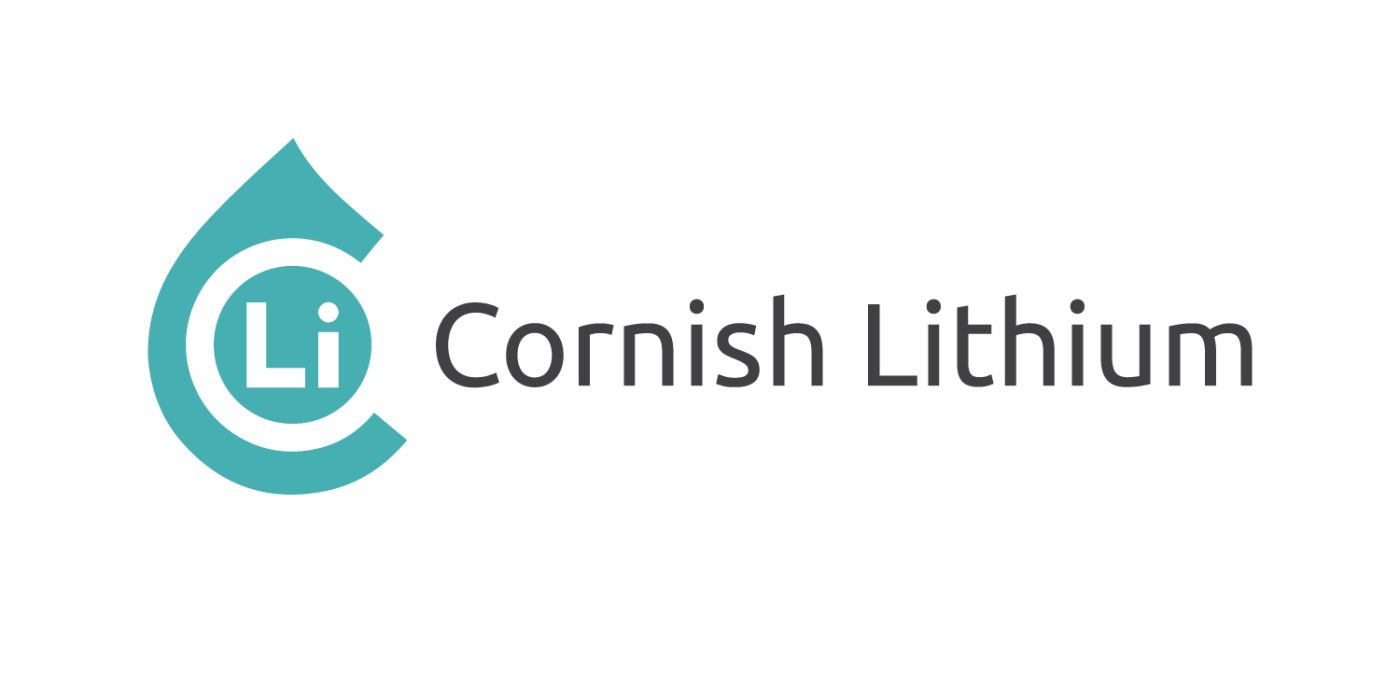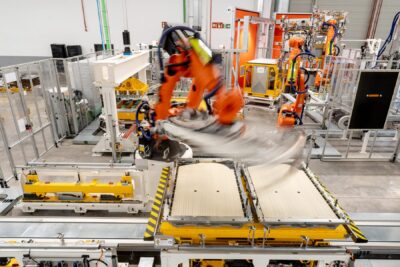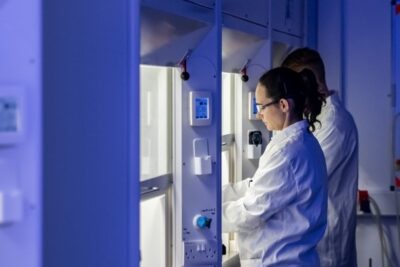Lithium mining in Cornwall gets another push
Cornish Lithium, a startup seeking to mine the precious resource in its home county of Cornwall, has secured 53.6 million pounds (67 million dollars) to open its first mine in Britain. The UK Infrastructure Bank leads the investment as part of a larger funding round of up to £168 million.
Joining UKIB in the £168 million ($210 million) push is the Energy & Minerals Group (EMG), a US investment firm, and TechMet, which invests in clean energy and electric vehicle technologies backed by the US government’s development finance corporation. TechMet also doubles as Cornish Lithium’s largest shareholder and supports a further £5.6m, bringing its total investment to £30m. The UKIB and EMG will each put in £24m.
Commenting on the news, Jeremy Wrathall, founder and CEO of Cornish Lithium, said it was “essential to secure funding from institutional investors with the financial muscle to bring our projects into commercial production” after the company had achieved its objective of “defining world-class opportunities for lithium extraction in Cornwall from both lithium-enriched geothermal waters and from hard rock”.
Cornwall’s lithium reserves have been on the map for extraction for some time. The county has a 4,000-year-old mining heritage, and its granite rock contains enough of the silvery-white metal for companies starting to explore its potential for a localised supply chain. In June, French mining group Imerys acquired an 80 per cent stake in British Lithium, another start-up, to form a joint venture producing battery-grade lithium carbonate.
British Lithium has been working in Cornwall since 2017 and installed a pilot plant on Imerys’ land. The lithium deposit is estimated at 161 million tonnes with a lithium oxide content of 0.54%. While the content is lower than, for example, in Australia, Imerys expects to extract 20,000 tonnes of lithium carbonate by the end of the decade – enough to produce 500,000 electric car batteries a year.
This is thanks to a process developed by British Lithium whereby ore-bearing granite is crushed and then calcinated at lower temperatures before the lithium carbonate is leached and purified in several steps. British Lithium explains this process as “roasting” the lithium mica concentrate using lime as a reagent rather than acid.
Cornish Lithium is also exploring another route that may prove near sustainable. Wrathall explains the funds would enable the company to “complete the engineering design work required to build a demonstration-scale geothermal waters extraction facility”.
In geothermal plants, hot water is extracted from deeper layers of the earth to use its heat, but it sometimes also contains lithium. In a similar project by Vulcan Energy in the German Upper Rhine Valley, the lithium is filtered out of the warm water before it is fed back into the earth.
On its website, Cornish Lithium explains that the granite rocks that underlie Cornwall are also rich in lithium and heat and therefore have “significant potential” for lithium-enriched geothermal waters. The company wants to access these waters via boreholes drilled from the surface into permeable geological faults at depth. Once the waters have been pumped to the surface, the company believes it possible to “selectively extract the lithium compounds using environmentally responsible Direct Lithium Extraction (DLE) technologies”. By also utilising geothermal energy to power this extraction, the company says it could produce zero-carbon lithium.
For now, Cornish Lithium wants to use the funding to advance its project in Trelavour, near St Austell, to “construction-ready status” and increase its 70-strong workforce to more than 300 people once it is in commercial production. In addition to the institutional investments, Cornish Lithium plans to raise a further £6.9m by selling shares to small shareholders through Crowdcube, focusing on existing investors.





0 Comments